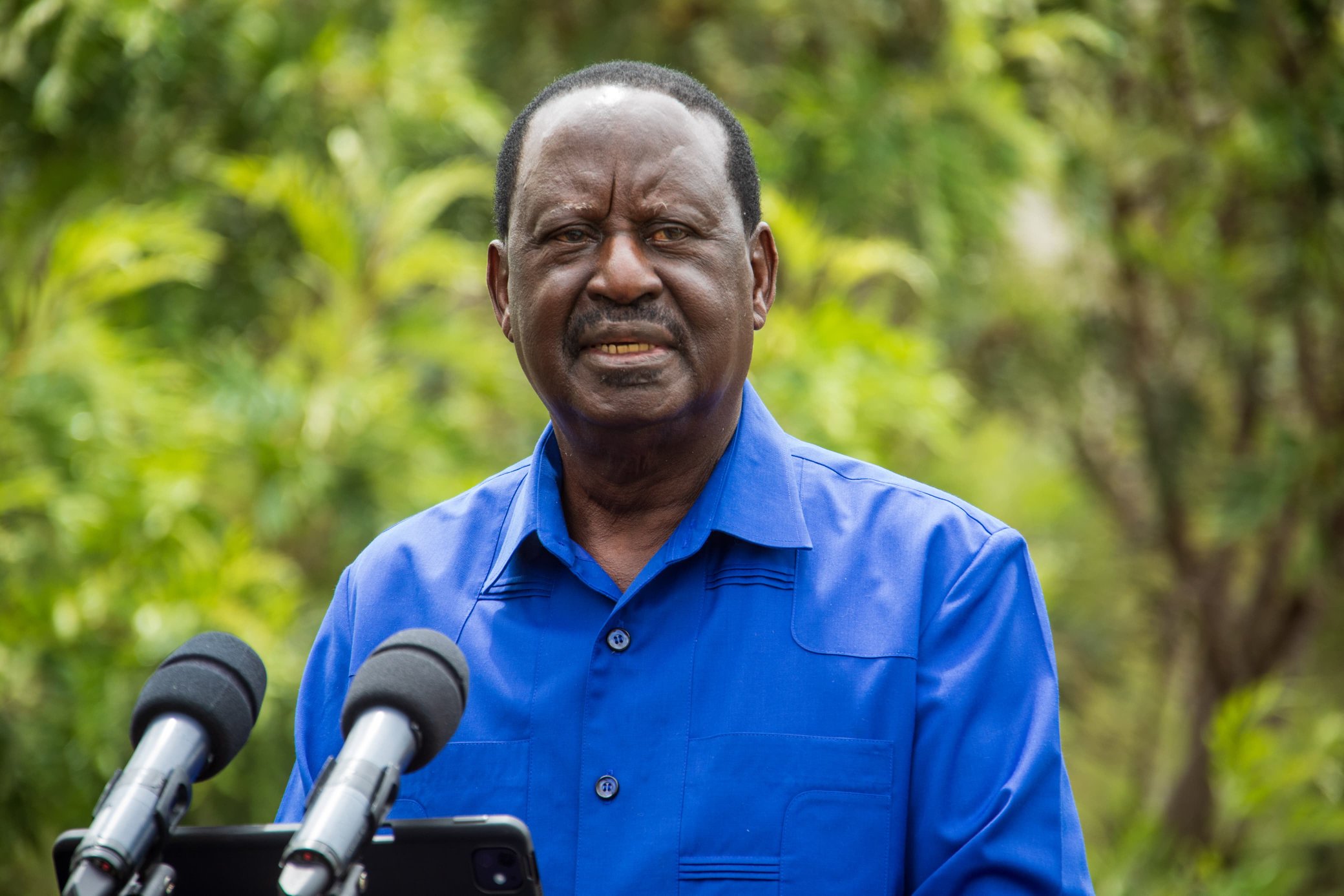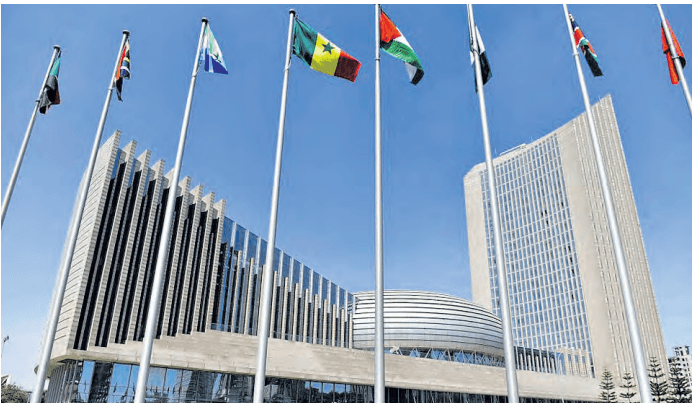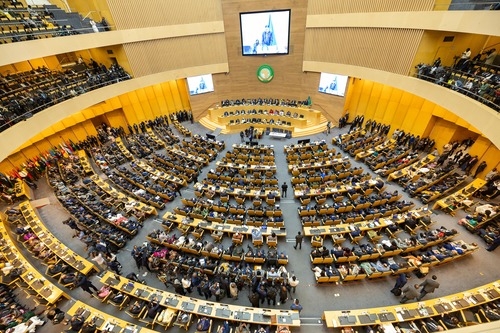

Former Prime Minister Raila Odinga is a seasoned political figure and leader in Kenya and he demonstrated his stature once again in Addis Ababa.
Odinga put up a spirited and well-orchestrated campaign for the chairmanship of the African Union Commission. His bid for the top continental role was high stakes and, for many, symbolised a turning point in African politics.
However, despite his efforts, Odinga lost to Djibouti Foreign Minister Mohammed Ali Youssouf. A number of factors played into his defeat, including religion, geopolitics, and the influence of the Southern African Development Community vote.
One of the most critical factors influencing Odinga’s loss was the delicate balance of religion within the African Union.
Africa is a continent with deep religious divides, and the political landscape is often shaped by religious affiliations. Odinga, a prominent member of the Luo community and an advocate of reforms, has often been perceived as a representative of Kenya’s Christian-majority population.
However, this perception clashed with the preferences of Muslim-majority countries and other parts of the continent where religious considerations often sway political decisions.
Many of the countries in North and West Africa have deep religious ties to Islam, which has led to the region forming strong blocs during AU elections.
Given that the AUC chairmanship is a high-profi le role, the religious dynamics of the continent were at play behind the scenes.
The outcome of this election was, in part, driven by the need to balance religious interests, which some believe worked against Odinga.
One of the factors in Odinga’s defeat was the broader geopolitical landscape within Africa. Odinga’s East African base, with Kenya as the regional powerhouse, gave him substantial backing, but it was not enough to secure the chairmanship of the AUC.
The election revealed a deep-seated rivalry among regions, with East Africa often feeling sidelined by the political influence of North, West, and Southern Africa.
Kenya’s relatively neutral position in global power dynamics meant that Odinga’s campaign faced significant hurdles. In particular, countries in Southern Africa, such as South Africa, Zimbabwe, and Angola, often have a stronger grip on regional geopolitics and economic influence within the AU.
This rivalry meant that despite the strong support for Odinga in East Africa, his chances of winning were severely limited by the dominance of other regional powers. The influence of the Southern African Development Community, a major political and economic bloc, was another decisive factor in Odinga’s defeat.
SADC countries have historically wielded signifi cant power within the AU, and their collective voting bloc was crucial in the AUC elections. The region rallied around its candidate, with South Africa, Zambia, and other SADC members delivering substantial support for Madagascar’s former Foreign Minister Richard Randriamandrato.
This bloc politics proved a formidable challenge for Odinga, whose support was spread thinner across other regions. The SADC vote turned out to be a game changer in this election, and Odinga was unable to convince enough countries outside his base to tip the balance in his favour.
Despite his impressive campaign led by Kenyan President William Ruto, his Foreign Aff airs team, and the support of several African leaders, SADC’s firm backing of their own candidate proved an insurmountable obstacle. On a more global scale, the African Union’s election process has become increasingly tied to international geopolitics.
In recent years, countries such as the United States, China, and Russia have shown greater interest in Africa’s political and economic future. The power dynamics within the AU, shaped in part by these global powers, also infl uenced the election outcome.
Countries with stronger ties to these international players were likely to sway the vote in favour of a candidate who represented their strategic interests.
As a leader who has often advocated for African unity and independence from external influence, Odinga’s candidacy may have been viewed with some hesitation by those seeking a more pragmatic or diplomatic leader who could work effectively with these global powers.
While Odinga fought a passionate and determined campaign for the chairmanship of the African Union Commission, his defeat was shaped by several interconnected factors.
The writer is the
former president
of Football of Kenya
Federation


















